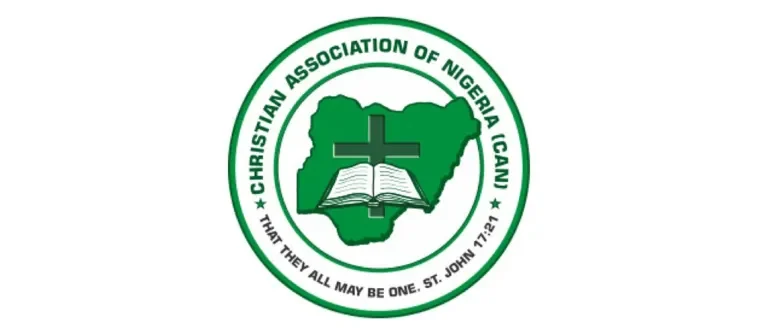
The Christian Association of Nigeria (CAN) in the 19 Northern States and the Federal Capital Territory (FCT) has strongly condemned the decision to close public and private schools in several Northern states during the Ramadan period.
The closure, which affects schools in Bauchi, Katsina, Kano, and Kebbi states for a period of five weeks, has sparked concerns about its impact on students’ education.
In a statement issued on Monday from Kaduna, the Chairman of Northern CAN, Rev. John Hayab, expressed deep concern about the negative consequences of the closures, particularly for senior secondary students preparing for examinations and junior students set to sit for the Junior Secondary School (JSS) exams.
“We are worried about the school closure given the drawbacks in school life faced by children in most northern states, triggered by rising insecurities, which have obstructed the education of our wards,” Hayab said. “The closure of schools can negatively impact senior secondary students who are preparing to sit for exams organized by the Joint Admissions and Matriculation Board (JAMB). The same applies to junior students who will sit for Junior Secondary Schools exams.”
Hayab also raised concerns about the effect the closures could have on children under 14, who may not be religiously mature enough to observe the fast. “The other anxiety is that some of the children asked to stay at home are under the age of 14 and, as such, may not even be religiously mature enough to observe the fast,” he added.
Furthermore, the CAN leader referred to the National Bureau for Statistics’ recent Multidimensional Poverty Index, which highlights the challenges facing education in the region. Bauchi, Kebbi, Katsina, and Kano states were reported to have high levels of educational deprivation, with percentages of children lacking access to education ranging from 35% to 54%.
In addition to these concerns, Hayab pointed out that other countries with a majority Muslim population, such as Saudi Arabia and the United Arab Emirates, maintain open schools during Ramadan. He urged the affected Northern states to adopt a similar approach, suggesting that the solution could be to shorten school hours instead of closing schools altogether.
“Instead of closing schools, cutting school hours, say from morning to noon, would allow students and teachers to observe the fast without compromising their education. The decision to close schools may not be backed by Islamic teachings but may instead be motivated by political expediency,” Hayab said.
The CAN leader also called on Northern governors to reconsider their stance, emphasizing that the move to close schools could undermine the region’s educational progress and negatively affect its reputation.
“We appeal to the governors to prioritize education and stop making decisions that portray our region as unserious. It is vital for our children’s future that education remains a priority,” he added.
In conclusion, CAN urged the people of Northern Nigeria to remain calm and law-abiding while calling on all stakeholders and well-meaning Nigerians to address the issue amicably. The organization expressed solidarity with the National President of CAN, who also condemned the school closures.





